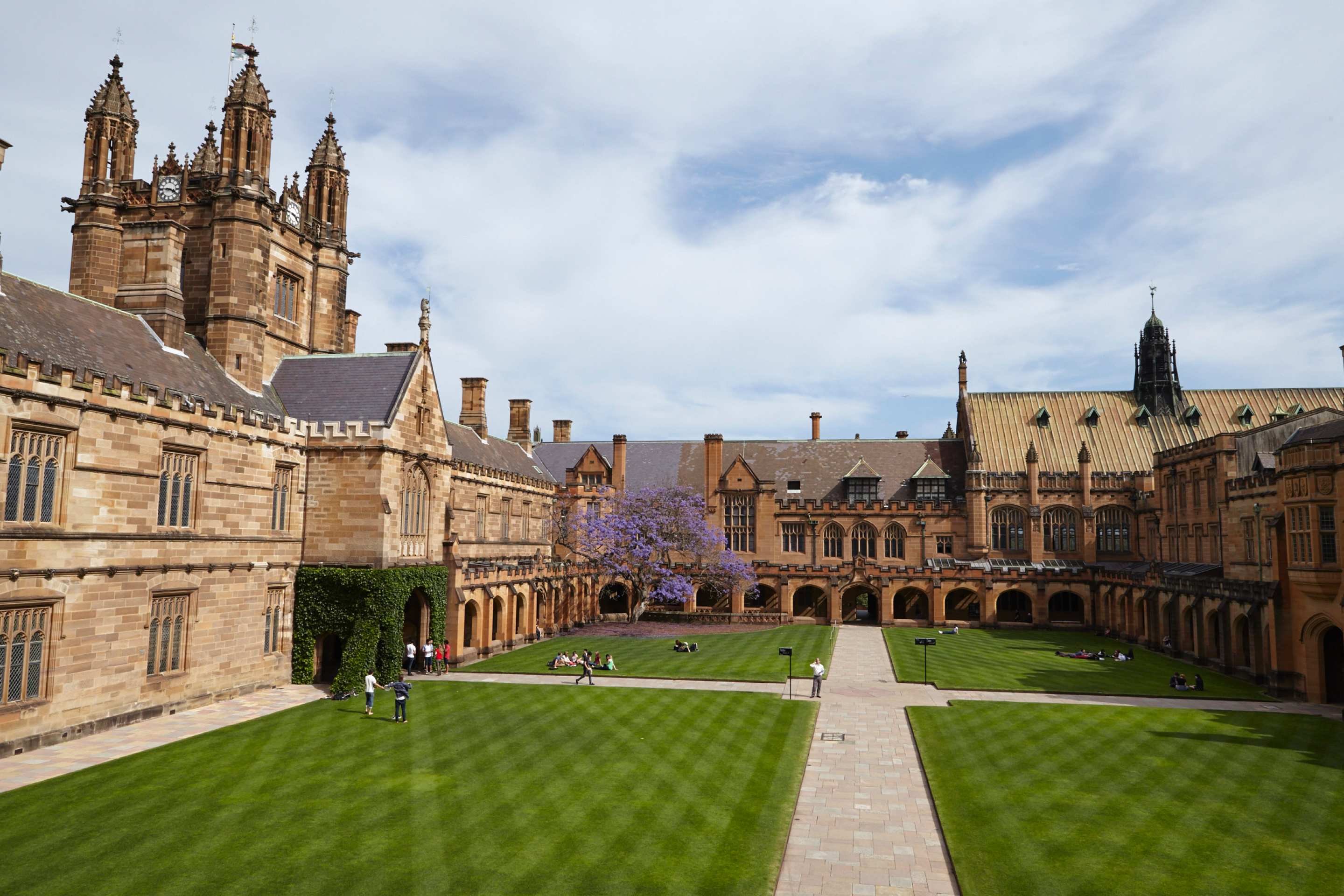Arts and Sciences shine in QS World Rankings
The University of Sydney has cemented its place among the top 50 universities globally in the latest QS World University Rankings, with strong results for Arts and Humanities and Life Sciences and Medicine.

Leading the University’s results were Arts and Humanities, which achieved a rank of equal 14th globally and second in Australia, after ANU.
Both Life Sciences and Medicine and Social Sciences and Management were ranked 20th in the world, with Life Sciences and Medicine also maintaining their standing as second in Australia for the third year running.
The multi-disciplinary strength of the University’s research was confirmed in the QS results, with Engineering and Technology, Natural Sciences and Social Science and Management all ranked in the top five for their disciplines in Australia, each receiving a ranking of third domestically. Engineering and Technology also rose 14 places in the rankings from joint 44th to joint 30th globally.
Overall the University of Sydney retains its position as third in Australia, with a global ranking of 45, slightly down on previous years as a result of major changes to the QS methodology.
In 2015 QS significantly altered their methodology for subject and overall rankings, influencing the ranking of many Australian universities.
The Quacquerelli Symonds (QS) World University Rankings began in 2004, and consider more than 3,000 institutions worldwide. The annual rankings measure such factors as academic reputation, citation statistics, international mix and staff-student ratios.
Changes to the QS methodology included normalising citation scores, to the benefit of those universities with strong citations spread evenly across disciplines, as well as the exclusion from the official results of publications with more than 10 institutional affiliations, lowering the overall publication count for universities with a large number of collaborators in its published research.
“QS is particularly sensitive to reputational effects, so we should be proud that so many of our colleagues around the world think highly of our research and teaching,” said Deputy Vice-Chancellor (Research) Professor Duncan Ivison.
“Although we always need to treat rankings exercises with care it is pleasing to see the outstanding results for so many of our areas, especially the arts and humanities and the life sciences and medicine. The improvement in other areas also augurs well for the future – including in engineering, the social sciences and management.”
Related articles
Ready, set, Rio: Sydney cohort heads to the Games
As more than 3.5 billion people around the world turn their sights towards Rio this week, 30 athletes from our community are getting ready to take their place on the globe’s biggest sporting stage.

Science student makes greatest self-discovery at the University
'Leave your comfort zone' is Kevin Gatdula’s motto in life. With an emphasis on continual personal development, the 20-year-old Bachelor of Commerce and Science student believes that this is the only way to cultivate a journey of personal growth.
Learning never stops - but it starts at Open Day
Like so many high school students in their final year, Denise Ong had a head full of questions. Little did she know at the time that one question she asked would later lead to a major turning point in her story.
Sydney at Rio: two silver and a bronze add to our tally
In a blockbuster first week at Rio 2016 our athletes have continued to excel winning two silver and a bronze to add to Chloe Dalton's gold in the Rugby Sevens. Our total would see us sitting at 35th on the country tally rankings – ahead of Ireland, Slovenia and Romania.
Future research stars supported under new Sydney fellowship
The first cohort of fellows of the University's new Sydney Research Accelerator (SOAR) program has been announced.
Humanities scholars elected into Australian academy
Three University of Sydney academics have been elected into Australia’s most prestigious humanities academy.
Discover the future at Innovation Week
For a week this October, we’ll be bringing together some of our brightest minds with industry and community partners to collaborate on how research and innovation can help us overcome some of the greatest health challenges facing our planet.
University of Sydney launches 2016-20 Strategic Plan
The University of Sydney has announced an ambitious reform agenda which will triple its annual research investment, transform its undergraduate offering and create closer ties with industry and community partners.
Waging war on diabetes
A scientist researching the genetics of type 2 diabetes and a published author and children's advocate are linked by a common goal - supporting inspirational research.
Generous gift supports the promise of quantum computing
A belief in the need for business to reach out to the sciences is only one of the motives for Anne and Hugh Harley to donate half a million dollars to the University.